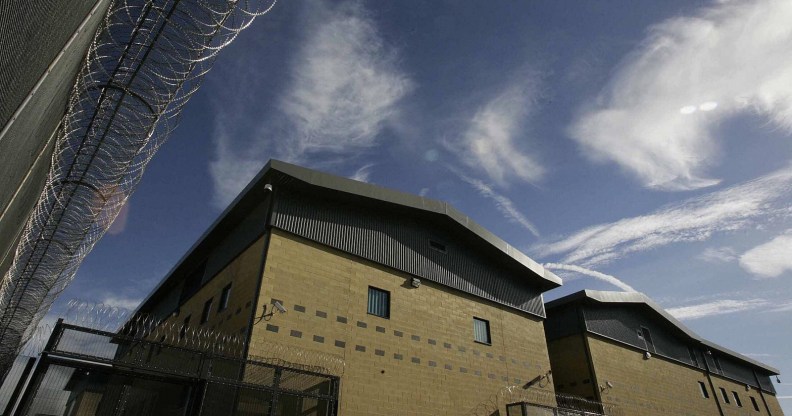Gay man could face deportation to Cameroon because he can’t ‘prove’ his sexuality

A gay asylum seeker from Cameroon could be facing deportation because he doesn’t have enough ‘proof’ of his sexuality.
Homosexuality is illegal in Cameroon, with gay men living in fear of facing up to five years in jail.
Valerie Ediage escaped the country six years ago, claiming asylum in the UK on the grounds that his life would be at risk in his home country.
However, the Home Office has resisted his asylum claim, and Mr Ediage, who volunteers with an LGBT group in Coventry, could now find himself deported.
Speaking to the BBC, the 30-year-old said: “In the UK I live freely.
“I go to gay Pride, gay pubs… you can’t in Cameroon. You fear prosecution and torture.”
Mr Ediage says he has supplied officials with evidence including “intimate photographs with his partner” and letters of support from gay friends, but has been unable to convince officials.
He said: “They [the Home Office] say I haven’t given them sufficient evidence but I have given them everything.”
In July 2010, the UK Supreme Court ruled that a gay man from Cameroon was entitled to refugee status in a landmark ruling.
In 2014, the UK’s then-Home Secretary Theresa May carried out a review of the way LGBT asylum seekers are treated – but despite reforms, there has been continued criticism of inappropriate and discriminatory treatment within the asylum system.
One lesbian asylum seeker was told she couldn’t be gay because she has children, while a bisexual asylum seeker was compelled to show caseworkers explicit pictures of himself having gay sex to ‘prove’ his sexuality.
Under new Home Secretary Amber Rudd, the Home Office last month issued a new Asylum Policy Instruction on Sexual Orientation in asylum claims, which serves as guidance for caseworkers.
It warns that under EU law, caseworkers cannot rely on stereotypes about gay people, explicit sex details or photographic ‘evidence’ to ascertain the sexuality of people seeking asylum.

